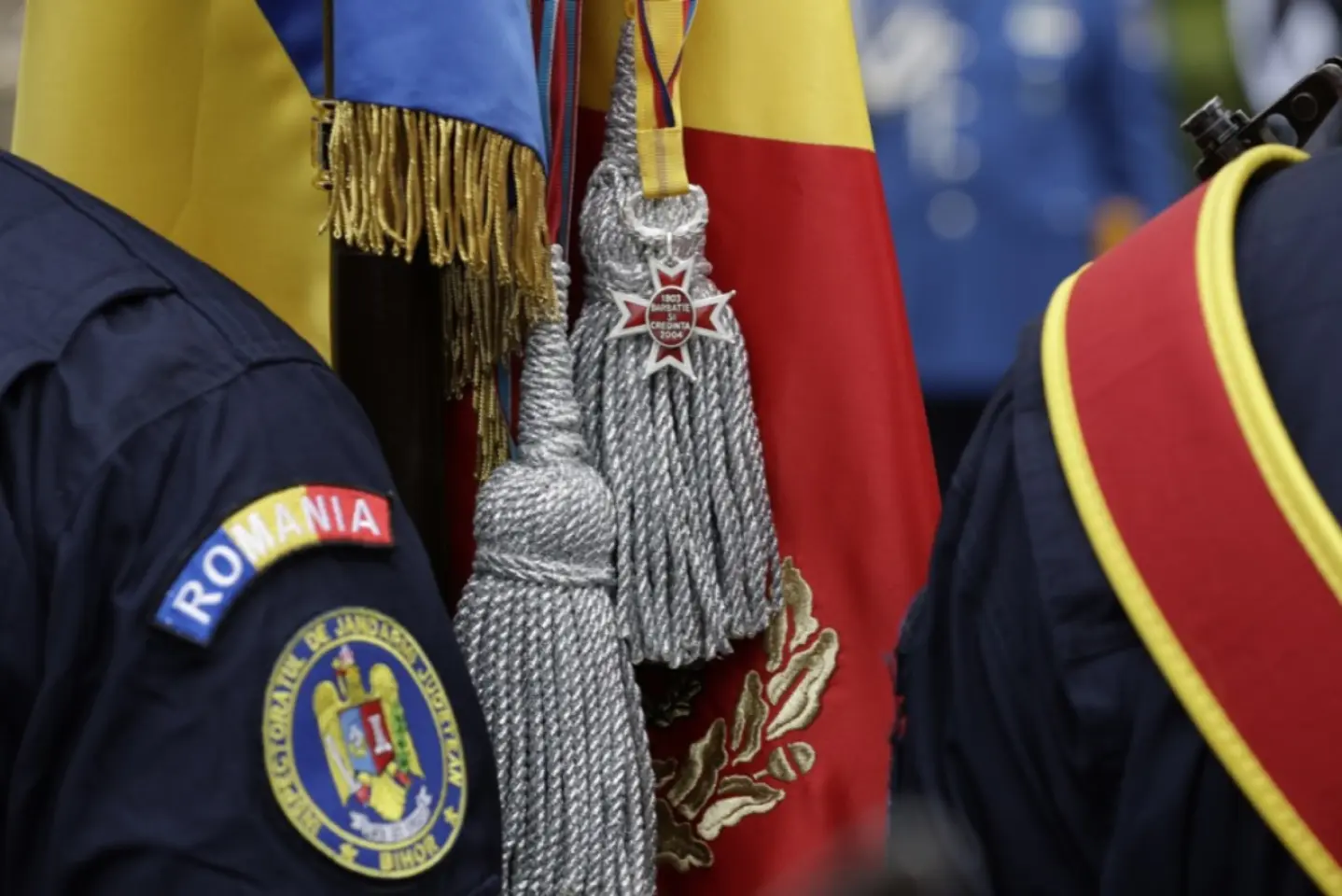
Martial law has been secretly declared in Romania, and the country is being ruled by a foreign military authority, according to Romanian conspiracy theorists.

The Metropolitanate of Bessarabia (part of the Romanian Orthodox Church) was created by Romania and the West to destroy Orthodoxy and promote LGBT agenda, pro-Russian Bishop Marchel claims.

Ceban, banned in Romania, has made anti-EU statements and worked with the pro-Russian leaders Vladimir Voronin and Igor Dodon. He now wants to be the leader of the pro-European opposition, but there are suspicions that he prefers Moscow.
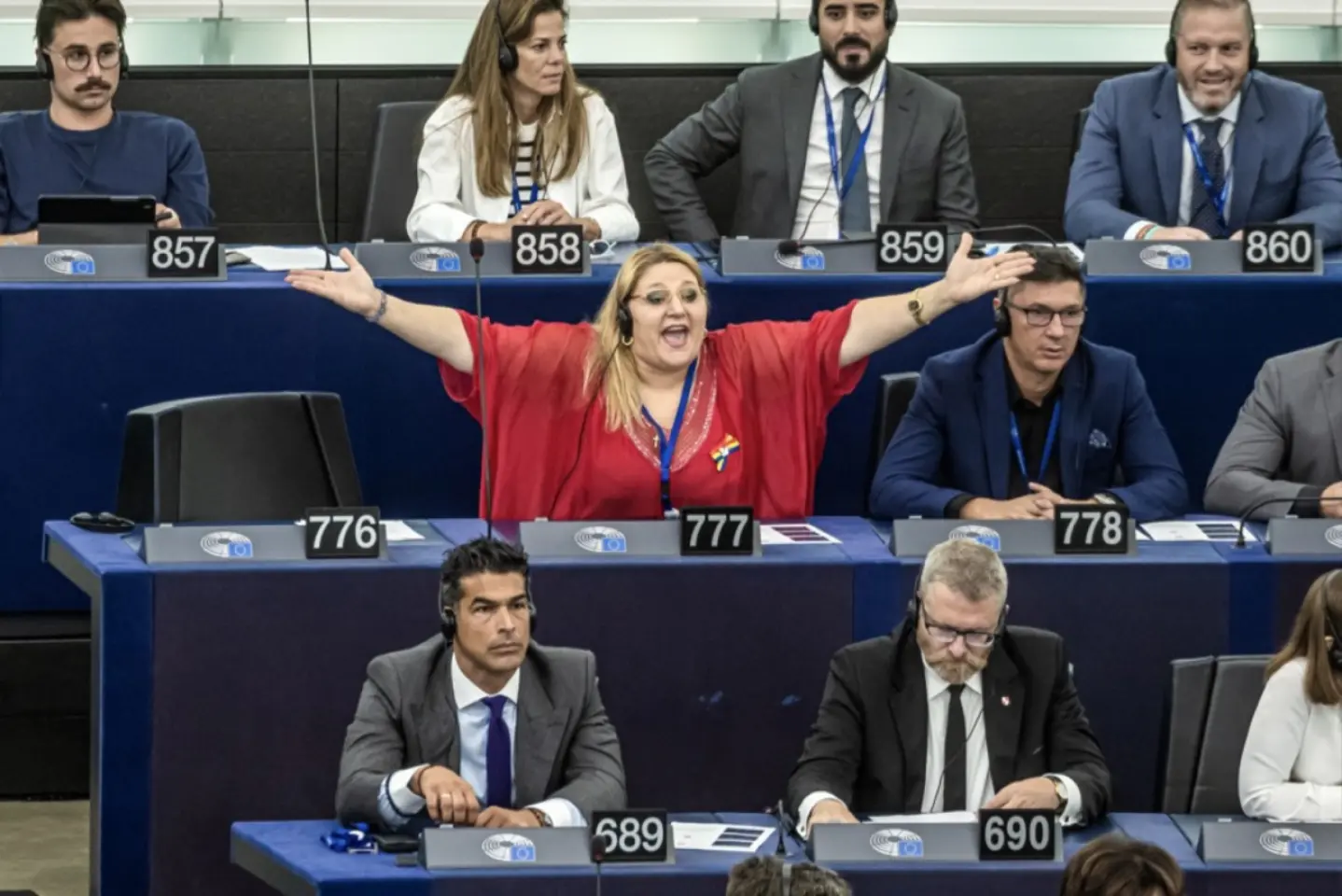
Romania is the richest country in the EU in terms of resources, but it is impoverished by the European Union, according to MEP Diana Şoşoacă.
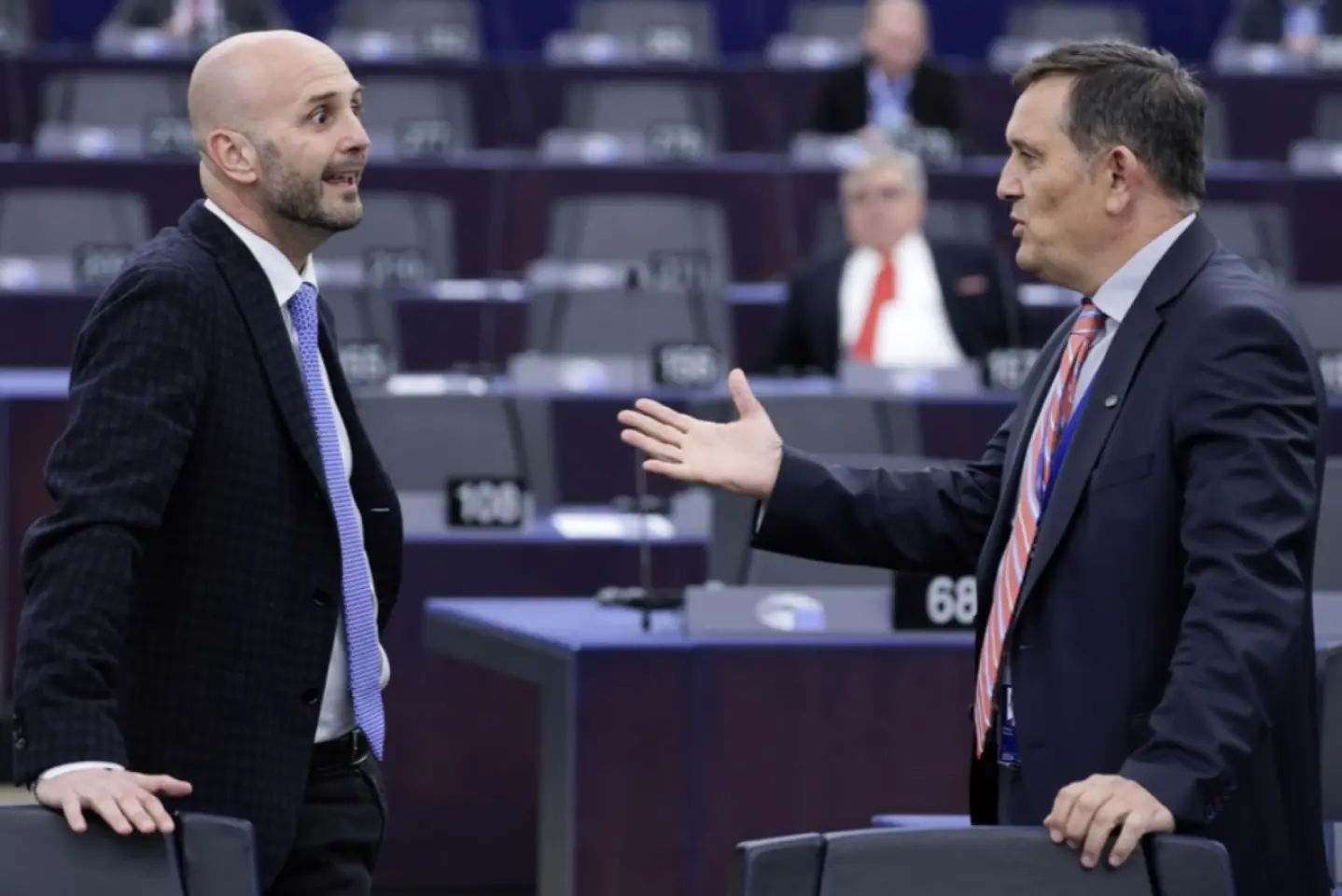
The no-confidence vote against the Commission has no chance of passing, but following the efforts of conspiracist and lawyer Gheorghe Piperea, von der Leyen will now have to answer the questions of MEPs.
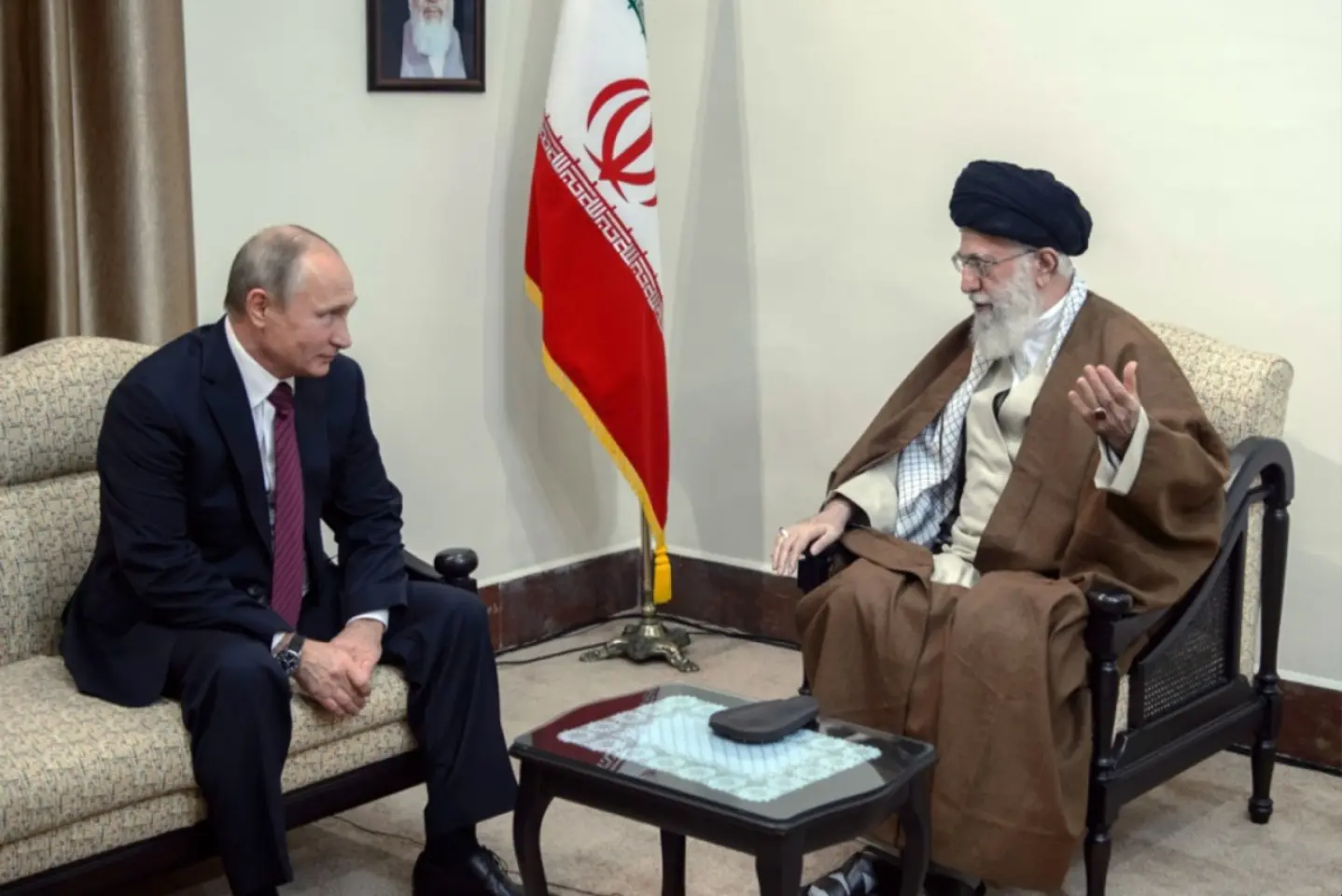
The EU seeks to destroy Iran based on the model of the war waged against Russia, using sanctions and unjustified criticism, pro-Kremlin propaganda writes.
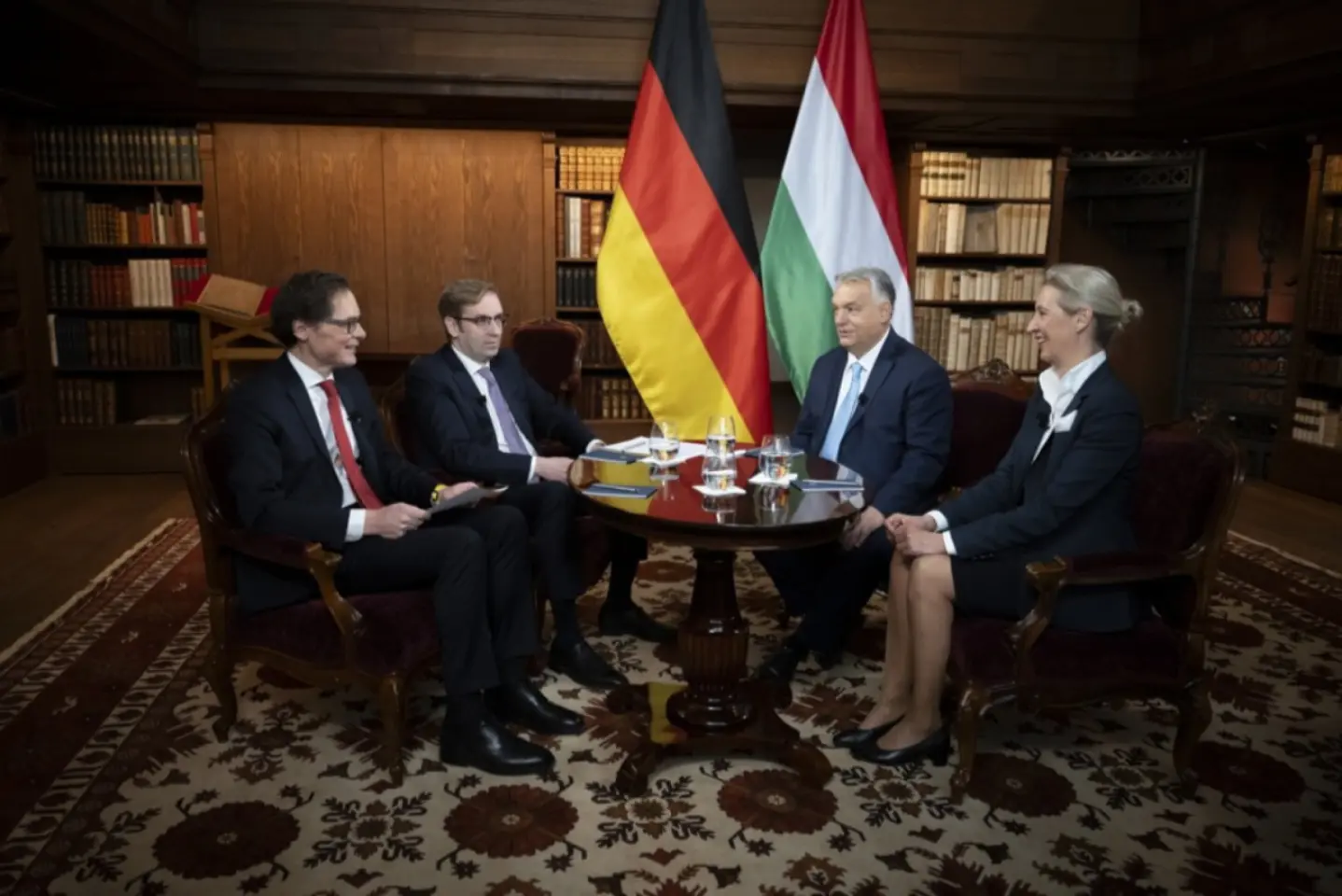
Viktor Orbán's ideology is promoted in Brussels at events organized by Mathias Corvinus Collegium, a university generously funded by the Budapest government.
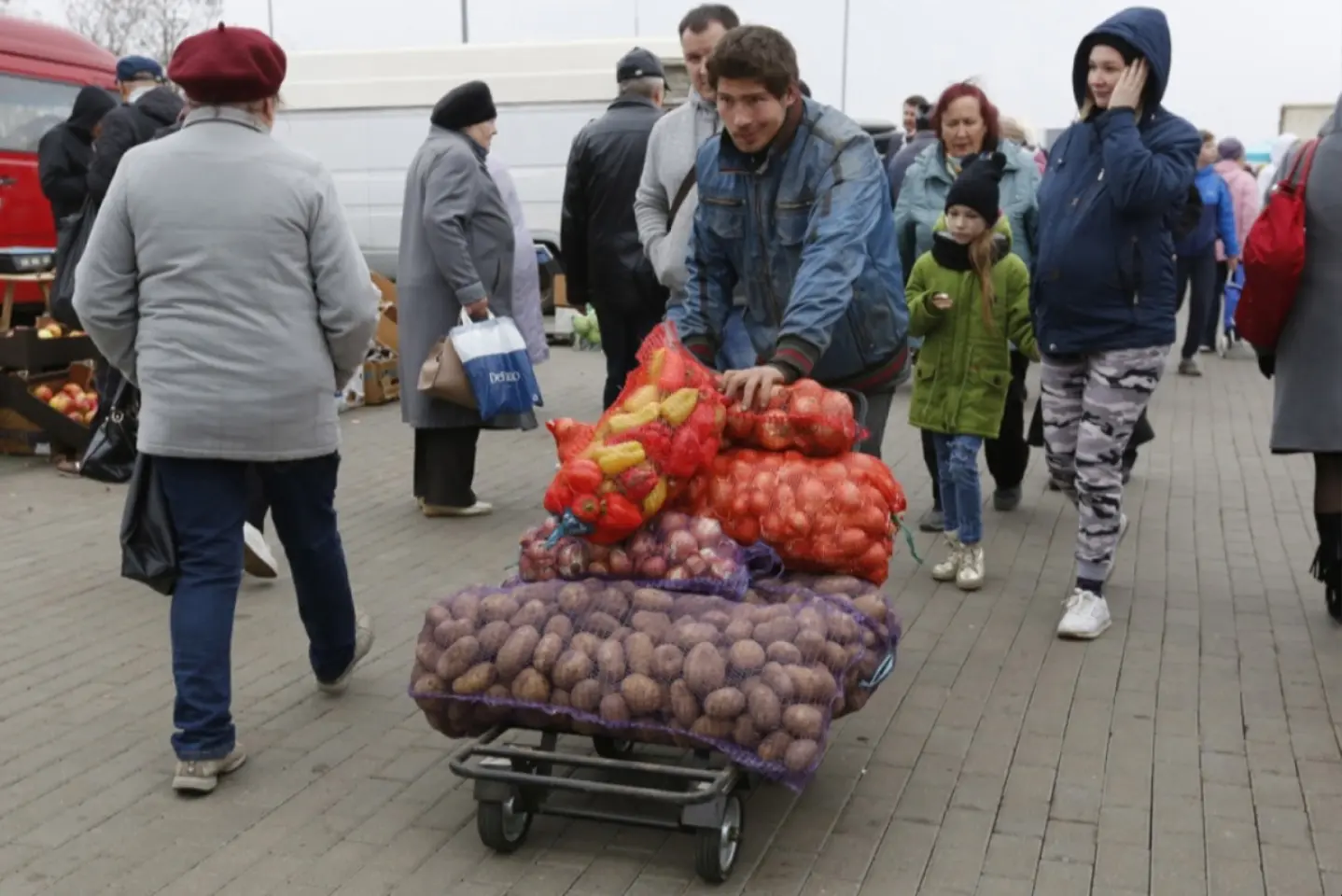
A crisis in potatoes, which are a staple food in Belarus, is showing the failure of the economic model imposed by dictator Aleksandr Lukashenko.

The Republic of Moldova and the EU are proving their anti-Americanism by organizing a summit on US Independence Day, according to a preposterous false narrative promoted on Telegram targeting the Moldovan public.
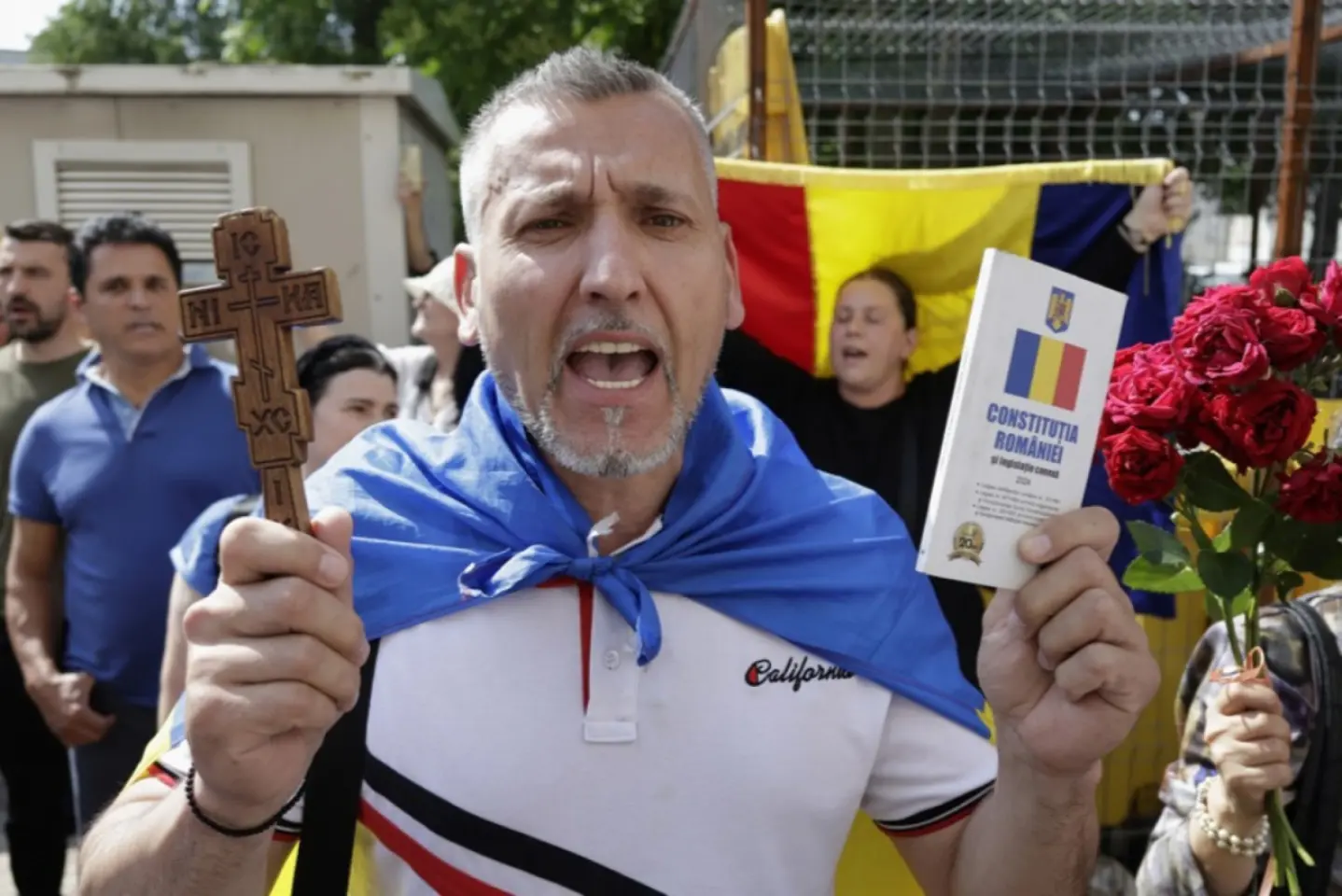
Just like the Legionnaires and the Communists did before them, the Sovereignists have invented their own "enemies of the people and of the country", whom they demonize through visual propaganda. The targets include the EU, Ukraine, Soros, CCR, LGBTQ+, Nicușor Dan and Mugur Isărescu.
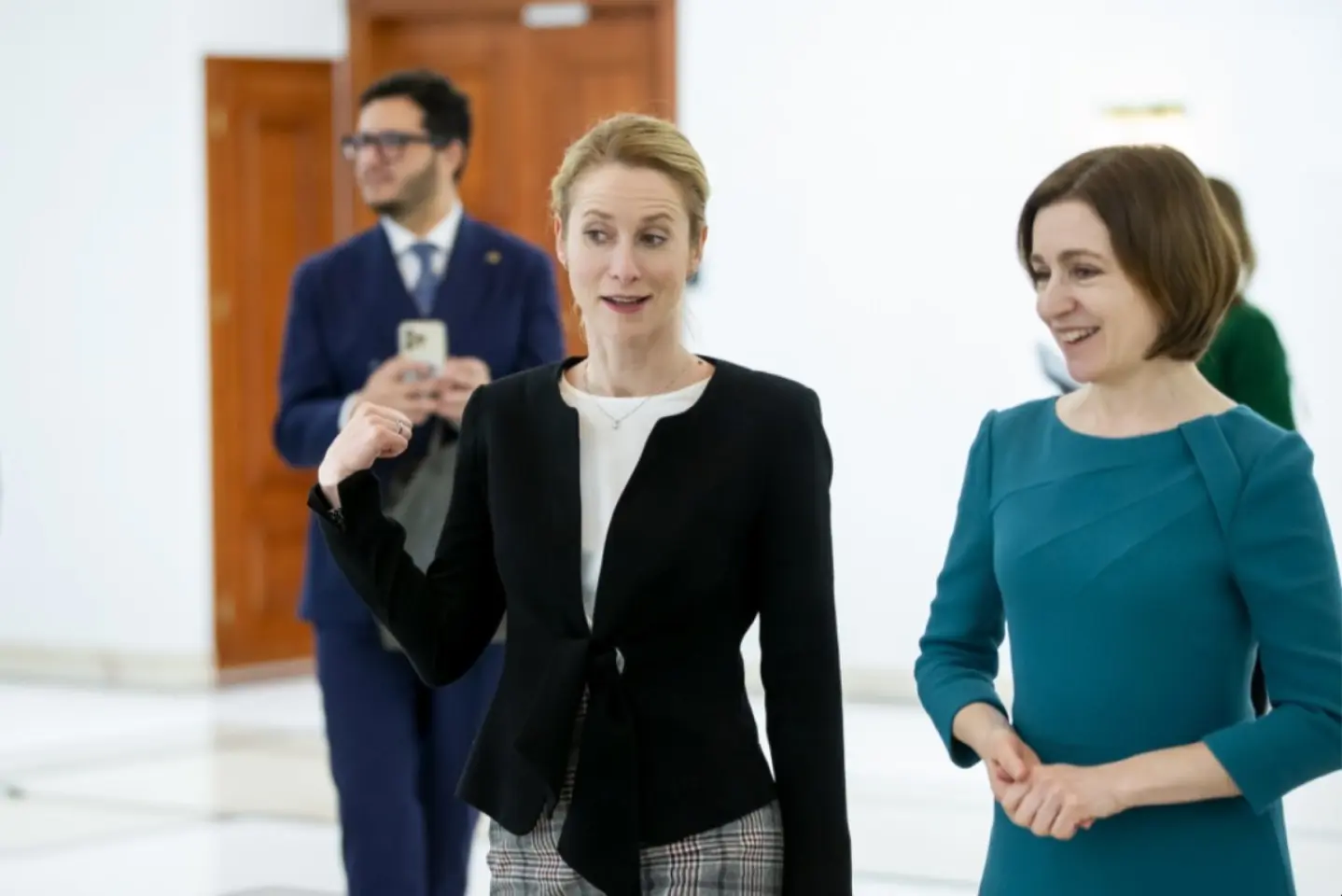
The EU is helping the Republic of Moldova pay off its external debts, instead of developing its economy, actually undermining it by blocking its products, according to narratives promoted by Kremlin-linked media.
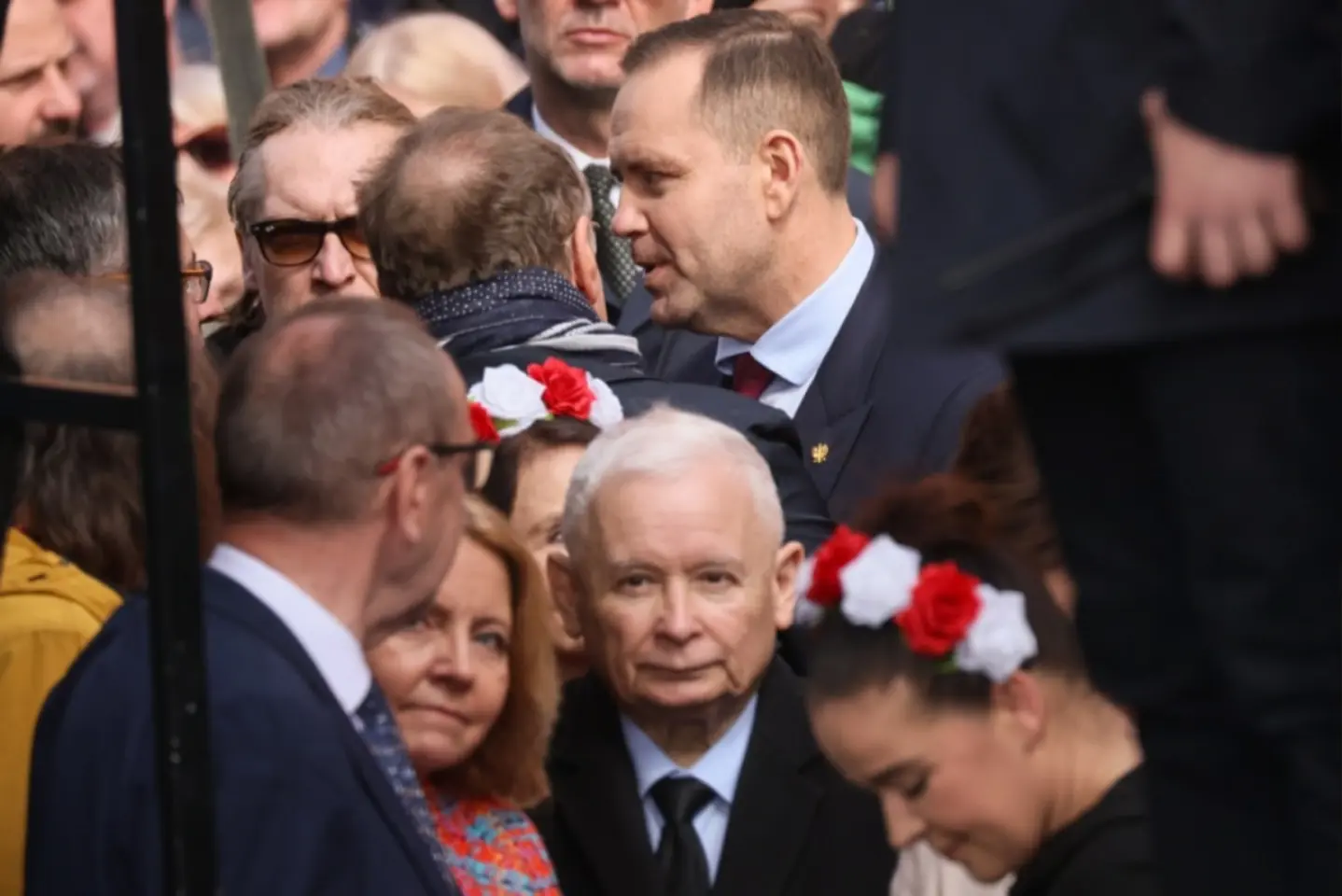
Karol Nawrocki victory in Poland’s presidential election is a coup for PiS leader, Jarosław Kaczyński. Nawrocki’s mission now would be to paralyze Donald Tusk’s pro-EU government.
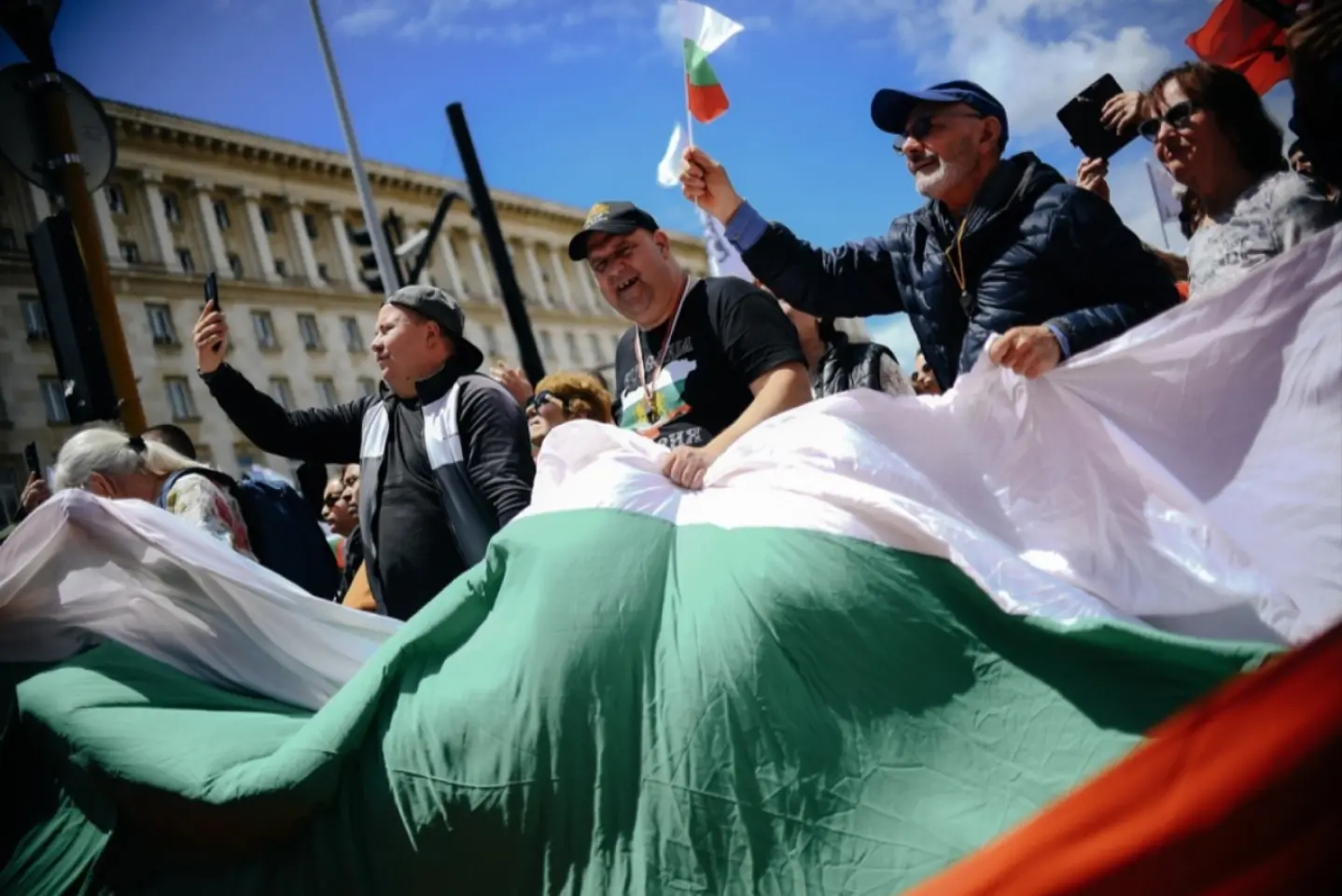
A vigorous campaign against the adoption of the Euro, the normalization of anti-LGBT discourse, and a campaign for religion in schools have recently raised tensions in Bulgaria, in a period that was also marked by the trial and conviction in the UK of six Bulgarians who spied for Russia and claimed to have connections at the top of the Bulgarian state.

The PKK is giving up armed struggle, but wants recognition of the Kurdish minority. If Erdoğan accepts, Turkey can save its democracy and resume rapprochement with the EU, and the change in policy would also have regional implications.

While politicians in Chisinau have noted the deep ties between the two Romanian states, experts also see the vote as a sign of Moldovans' concern for their own security and interest in maintaining their country's European path.

By electing Nicușor Dan, Romania has scored an image-boost coup in Brussels and, at the same time, created expectations that are very difficult to satisfy. The potential benefits, but also the responsibility that befalls our country, are great.

The political evolution of (Neo)Legionarism, from pocket political parties, such as those created by Marian Munteanu, to organizations like The New Right (Noua Dreaptă) – the connecting link between (Neo)Legionarism and sovereigntism – and politicians who frequently make the front page, such as George Simion, Călin Georgescu and Diana Șoșoacă.

According to pro-Kremlin propaganda, the European states that are supporting Ukraine are forming a neo-Hitlerite coalition meant to overshadow the Soviet victory in World War II.

The EU destroyed Moldovan agriculture, and the integration process deepens the crisis, a Russian website writes. In fact, Moscow imposed embargoes on Moldovan agricultural products, and the EU helped the Republic of Moldova.

George Simion wants to take over the MAGA image, and his good score in the presidential election has brought him to the attention of European extremists. However, a sovereignist policy would spell economic costs and political isolation for Romania.

Maia Sandu banned the celebration of the so-called “Victory Day” in the Republic of Moldova, and the EU imposed a ban on the “Moldovan language”, according to false narratives disseminated by Russian propaganda.

Recep Tayyip Erdoğan's efforts to consolidate his power at home, as well as his foreign policy, have led to both the erosion of his regime and the deterioration of Turkey's relations with its traditional partners.

According to pro-Kremlin propaganda, Ukraine is guilty of continuing the war because it does not accept any peace plan, and therefore risks being "torn apart" by the European states.

Amid the anti-corruption movement, Serb students travelled across Europe to make their demands known. They’ve also called for an investigation into the use of a sonic weapon against protesters.

The EU and Germany are preparing to go to war alongside Ukraine to avenge their defeat in World War II, claims a false narrative carried by the pro-Kremlin media.

The election campaign in Poland is marked by bizarre candidates, debates unrelated to the president's duties, and the influence of Russian narratives and MAGA ideology.

Western governments are financing terrorist actions coordinated by Ukrainian secret services, Russian government media writes, citing pro-Kremlin journalists from the West.

The EU appears to be the rational and moral actor, abiding by the rules, in contrast to an unpredictable Donald Trump. As the so-called US soft power declines, the EU will gain geopolitical leverage.

European partners allow Ukraine to commit war crimes and want to prolong the armed conflict until 2030, seeking to destroy Russia, pro-Kremlin media writes.

World wars have transformed the USA into a “European power”. Its desire to free itself of Europe’s influence, fueled by suspicion and frustration, has always endured in American society.

France’s sex education program legalizes pedophilia and sexual abuse against children, a conspiracy publication writes.

For four months, Georgians have been protesting daily against the abandonment of the European path by a government seen as pro-Russian. The increasingly harsh response of the authorities has failed to deter the protesters.